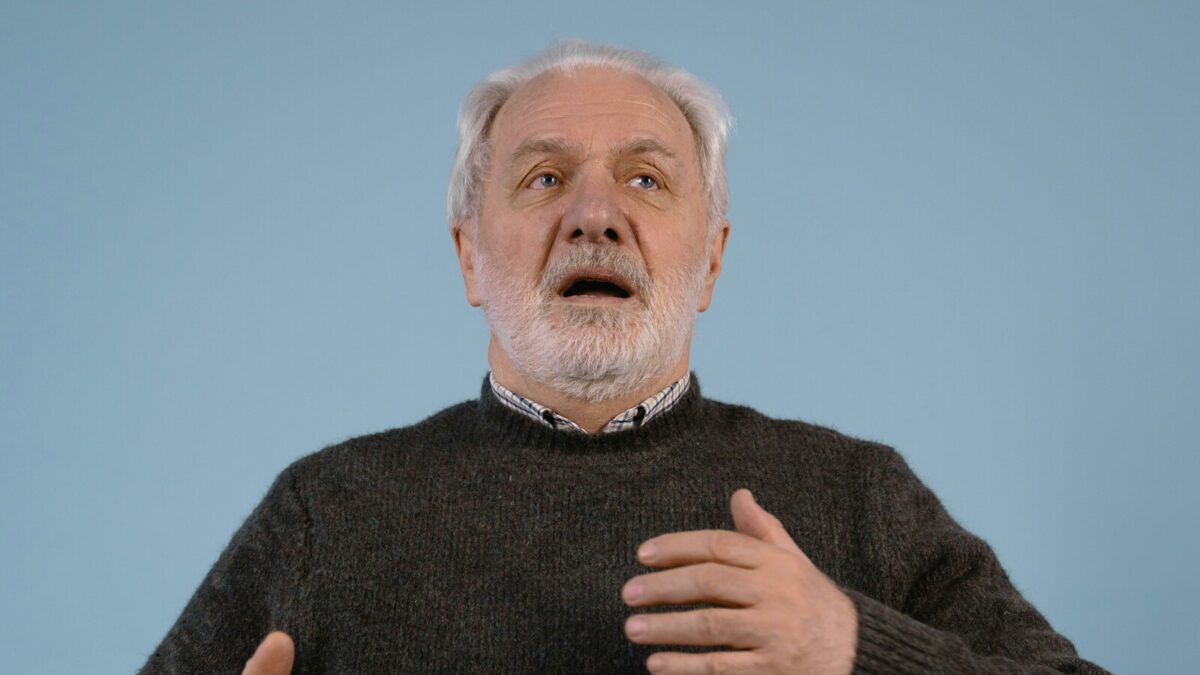Klimawandel und Stimmgesundheit

Zusammenfassung. Der Klimawandel geht weltweit mit gravierenden Umwelt- und Gesundheitsfolgen einher. Anhand einer systematischen Literaturrecherche wurden die Auswirkungen auf die Stimmgesundheit untersucht und mögliche Interventionsansätze identifiziert. Eine nichtrepräsentative internationale Umfrage hat die Relevanz der Thematik für die Logopädie bestätigt, doch fehlt bisher die wissenschaftliche Auseinandersetzung damit. Anhand der ermittelten Literatur sowie Analogien aus einschlägigen naturwissenschaftlichen Fachquellen wurden erste Hypothesen zu den Zusammenhängen zwischen Klimawandel und Stimmgesundheit entwickelt. Die erhöhte Belastung durch Aeroallergene und Luftschadstoffe aufgrund steigender Temperaturen und Hitzewellen wird vor allem in Städten Menschen mit Allergie- und Atemwegserkrankungen gefährden. Diese multiplen Umweltfaktoren können die Stimmgesundheit sowohl organisch-strukturell als auch funktionell schädigen. Die Anpassung der Stimmtherapie an den Klimawandel erfordert neben den etablierten stimmtherapeutischen Interventionen ein neues klimasensibles Denken, um entsprechende Ansätze entwickeln zu können.
Schlüsselwörter: Klimawandel – Umweltfaktoren – Stimmgesundheit – Atemwegserkrankungen –Allergieerkrankungen
Summary. Climate change and vocal health.
Correlation and possible interventions for voice therapy practice
Climate change is associated with serious environmental and health impacts worldwide. A systematic literature review was conducted to analyse the effects on vocal health and possible intervention approaches were identified. A non-representative international survey confirmed the relevance of the topic for speech and language therapy, but there is a lack of scientific discussion. Based on literature on the topic and analogies taken from relevant scientific sources, initial hypotheses on the links between climate change and vocal health were developed. Increased exposure to aeroallergens and air pollutants due to rising temperatures and heat waves will put people with allergies and respiratory diseases at risk, especially in urban areas. These multiple environmental factors can cause both organic-structural and functional damage. In addition to established voice therapy interventions, adapting voice therapy to climate change requires new climate-sensitive thinking in order to develop appropriate approaches.
Abonnenten lesen mehr
Als Abonnent lesen Sie diesen und alle anderen Online-Artikel und haben Zugang zu unserem großen Archiv.
Sie sind bereits Abonnent? Loggen Sie sich hier ein
Ganze Ausgabe als ePaper
Abonnenten haben vollen Zugriff auf alle Inhalte.
Werden Sie Abonnent
Erhalten Sie uneingeschränkten Vollzugriff auf alle Online-Inhalte und das große Archiv.

